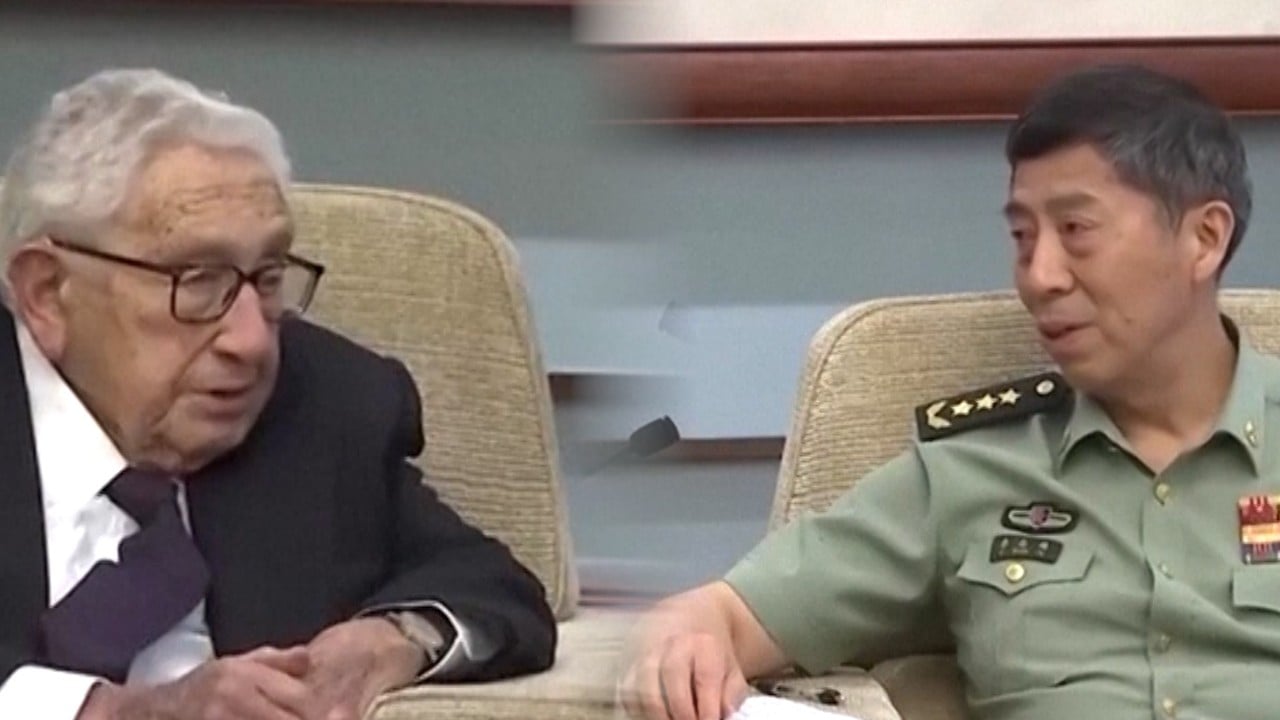
Beijing’s red carpet welcome for Kissinger is a hopeful reminder of how US-China ties can be
- Kissinger’s warm reception shows Beijing is in favour of cooperation and offers much-needed hope to the world that US-China diplomacy can make a comeback
The problem with living in the moment is that it would be ridiculous to ignore the precariousness of the future given the way things are – there’s war, persistent tensions and conflicts, and leaders hell-bent on drawing lines, lighting more fires and flashpoints.
Let that sink in. We are quickly headed to hell unless a miracle happens.
When even common courtesy – recognising that being old friends on the world stage is a basis for goodwill and a nuanced way of starting afresh – is rebuffed, it signifies a very low low.
How relations have soured since the high point in 2001, when China joined the World Trade Organization after a lengthy and complicated American-supported process.
The world was very different before the vilification of China became the tenor of US foreign policy. In those good old days, recognising the benefits of engagement and vying for better mutual understanding, deeper cooperation and liberalisation over confrontation was the consensus.
His warm reception is a good sign that Beijing is in favour of cooperation. Kissinger is a realist: diplomacy may not remove adversarial aspects in the relationship, but it is necessary to deter disaster. Kissinger made a powerful argument for this in his 2014 book World Order. “The combination of balance-of-power strategy with partnership diplomacy […] can give Chinese and American leaders experiences in constructive cooperation and convey to their two societies a way of building towards a more peaceful future.”

“Order always requires a subtle balance of restraint, force and legitimacy,” he wrote. “Wise statesmanship must try to find that balance.”
As the late journalist, professor and my mentor Tom Plate has called for, for as long as I’ve known him: relentless engagement, rather than aggressive containment, offers China and the US the best chance of achieving their ends.
Alice Wu is a political consultant and a former associate director of the Asia Pacific Media Network at UCLA


